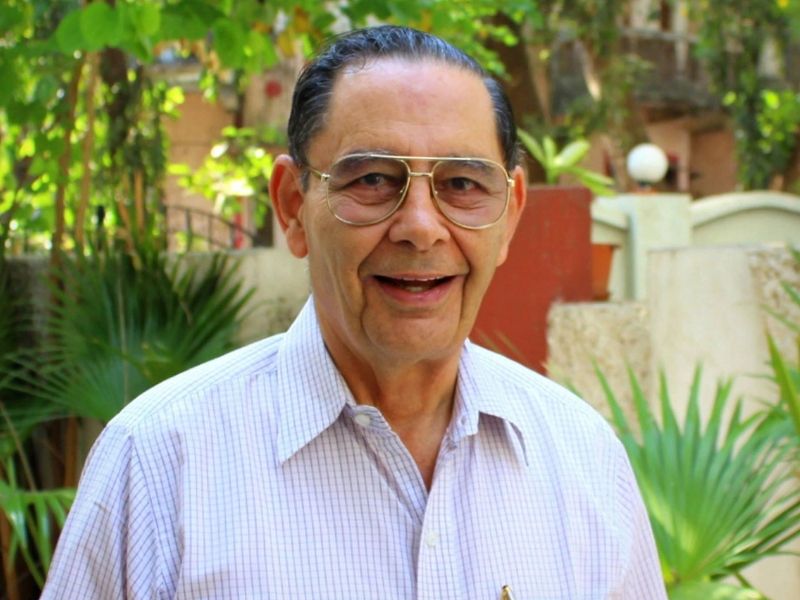
Newspeg: The English E.Teach content is played in classrooms using low-cost technology like TV and DVD players or projectors or computers sanctioned by the government in many municipal and zilla parishad, urban and rural schools. With the interactive content supplementing the class teacher’s knowledge of English during school hours itself, the model is now getting recognition from the Municipal Corporation of Greater Mumbai (MCGM) as well as the state’s education department.
In June 2018, taking into account the positive impact of the model, the MCGM, authorised its 800 vernacular schools to use the BCPT English E.Teach content. The State government’s District Institute for Education and Continuous Professional Development (DIECPD), nodal agency for teacher training, also passed similar instructions for the 90,000 primary schools in 36 districts (408 talukas) across the state. Since 2018, BCPT English E.Teach content has also been included in the state government’s out-of-classroom education-based mobile application, ‘Diksha’ which allows students, teachers as well as parents to access it as a resource material.
An internal survey (2017) by the BCPT English E.Teach team reported 68.18 percent students having better oral English comprehension of the language in municipal schools that used the English E. Teach model as compared to the 45.56 percent students in municipal schools, that didn’t.
History: Parakh believes school-going children living in a vernacular-speaking environment where English is not spoken or heard either at home or amongst their friends are at a great disadvantage when made to attend English-medium schools. However, aware of the growing importance of English as a global language and the helplessness of children with no access to good English education, Parakh aimed to introduce easy English teaching classes for primary school students. After several rounds of interaction with the Oxford publishing house, School net, British Council and others, Parakh realized the need to create tailor-made content suited to the Indian social milieu while solving the children’s twin needs of learning the language as well as the prescribed curriculum. BCPT entrusted Tata Interactive Systems (TIS) to create a page-by-page well-conceptualised, high quality teaching material of the Maharashtra state government prescribed syllabus. Spread across Maharashtra, the initiative uses members of local not-for-profits to disseminate and act as facilitators to motivate the use of the content in the schools.
Direct Quote: Championing the cause of teaching children in their mother-tongue, with English being taught as a stand-alone subject, Parakh says, “Non-English speaking countries like Germany, France and Holland teach all their primary –level subjects in the mother-tongue and teach English as a separate subject. This enables the child to understand and get a clear grasp of all the other subjects she/he is comfortable in and to simultaneously learn English step by step from the 1st to the 5th standards. We must also realise that though teachers in government and municipal schools are D.Ed. or B.Ed. qualified teachers, they too have not studied in English and are weak in the language. So rather than deriding their inability to teach in English, we need to introduce a method by which the teachers’ knowledge of English and diction improves at the same time as teaching it. BCPT English E. Teach is interactive and gives plenty of opportunities for both the students and teachers to grasp the finer nuances of the language. I also believe enhancing the quality of primary education leads to a strong foundation for higher studies and removes the terror of studying an alien language-English in this case which is a major cause of the high drop-out rates amongst students.
Future plans: The future is both exciting and challenging for the BCPT English E.Teach initiative which is funded wholly by trusts and individual donors. While the Maharashtra state government has, correctly, made English a mandatory subject from 1st grade itself, it also has a policy of revising curriculum once every 5 years. Last year, the government made a new syllabus for 1st grade English subject resulting in the need to re-create teaching material even for a standardised subject like English. For BCPT’s initiative, this has resulted in the burden of finding additional funds to create fresh content. That money could be used for more productive purposes like improving BCPT English E.Teach’s reach to lakhs of children who are still not using this methodology in schools across Maharashtra.
“Changing parents’ perceptions to understand the advantages of sending their children to vernacular primary schools which use the BCPT English E.Teach methodology, restoring the morale of vernacular-school teachers and enthusing better performance from them, are challenging tasks and requires a well-thought out action plan. However, the progress achieved in the last 10 years gives us great hope of success in these pursuits. The driving force for sustaining and intensifying this process comes from the vision that this effort can empower the youth from the weaker economic strata to compete on a more even keel with those from privileged background,” adds Parakh.